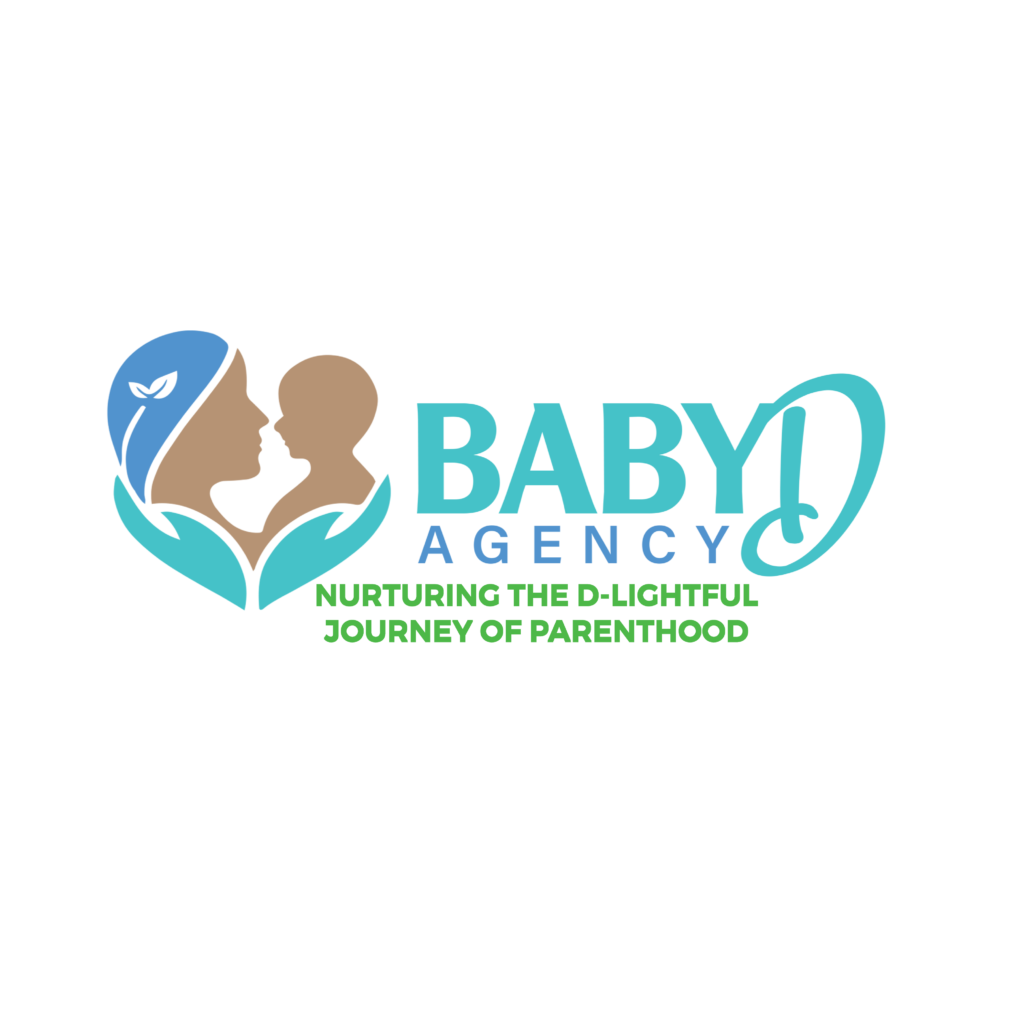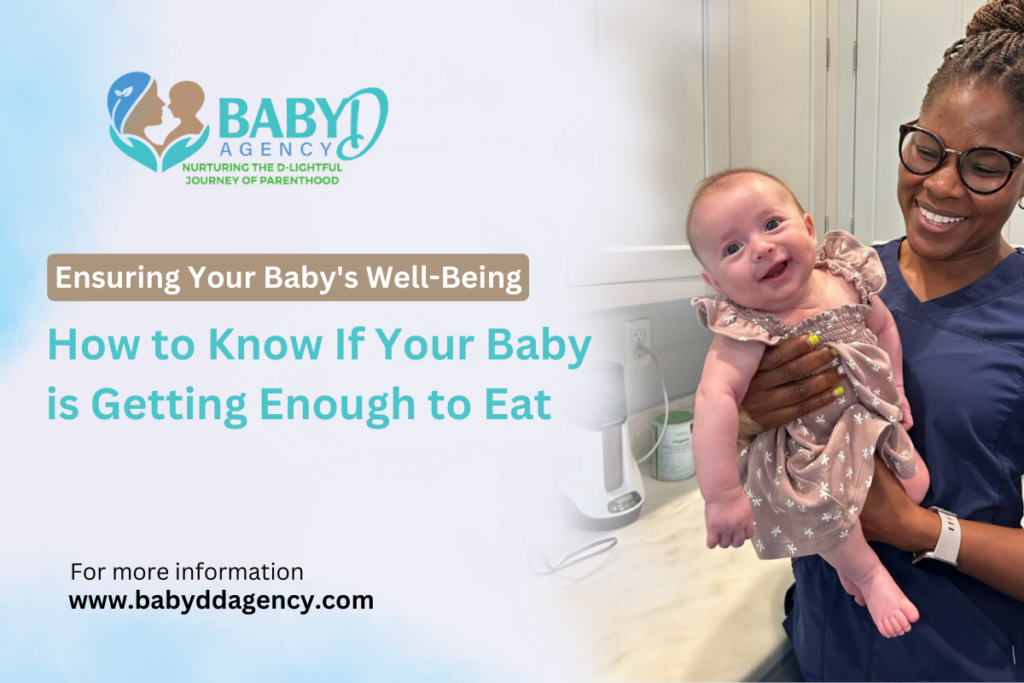Welcoming a newborn into your family is a joyous occasion, accompanied by the responsibility of ensuring their health and well-being. One of the primary concerns for new parents is ensuring that their baby is receiving adequate nutrition. In this blog, we’ll explore how to know if your baby is getting enough to eat and provide insights into newborn care services, newborn care at home, centers for postpartum health, and professional newborn care.
Signs Your Baby Is Getting Enough To Eat
Every baby is unique, and growth patterns can vary. However, there are some general signs that your baby is eating enough:
1. Regular Wet Diapers: Your baby should have at least six to eight wet diapers a day. These diapers should be relatively heavy, indicating that your baby is consuming an adequate amount of fluids.
2. Regular Bowel Movements: Your baby should have at least one bowel movement a day. If your baby is not producing enough stools, it may indicate that they are not taking in enough nutrition and may require additional feedings.
3. Healthy Weight Gain: It is important to track your baby’s weight and consult with your pediatrician to ensure that they are gaining weight appropriately. Babies should gain about 2-4 ounces per week, depending on their age and size.
4. Happy and Alert: A well-nourished baby will be alert, content, and content between feedings. If your baby is lethargic or irritable, it may indicate that they are not getting enough to eat.
In addition to monitoring these signs, it is also important to follow the advice of your pediatrician and adhere to any recommended feeding schedules. Your baby’s healthcare professional can provide personalized guidance and recommendations based on your baby’s individual needs.
Providing optimal nutrition for your baby requires a multifaceted approach. Here are some essential tips:
1. Breastfeeding or Formula Feeding: Breastfeeding or formula feeding should be directed by your healthcare professional. They can provide expert advice on proper technique, frequency, and quantity of feedings.
2. Proper Breastmilk Storage: If you are breastfeeding, it is important to store breastmilk properly to ensure that it remains fresh and safe for your baby. Follow manufacturer guidelines and use sterilized bottles and nipples.
3. Topping Up: If your baby seems hungry after their normal feeding time, it is okay to offer a top-up feeding. This can be in the form of an extra bottle or breastfeeding session, depending on your preference.
4. Eating Routine: Establishing a regular eating routine can help ensure that your baby is getting enough to eat. Stick to a consistent schedule, as outlined in your pediatrician’s recommendations.
5. Healthy Diet: A balanced diet is important for both breastfed and formula-fed babies. Include a variety of nutrient-rich foods, such as fruits, vegetables, whole grains, and lean proteins.
Remember, every baby is different, and growth patterns may vary. If you have any concerns or questions about your baby’s eating habits, it is important to consult with your healthcare professional. They can provide personalized guidance and support to help ensure that your newborn receives the necessary nutrition for healthy growth and development.
Newborn Care Services and Support
For new parents, navigating the intricacies of newborn care can be overwhelming. This is where newborn care services come into play. These services encompass a range of support, including lactation consultation, postpartum care, and guidance on newborn care practices.
Newborn Care at Home: Tips for Parents
- Create a calm and soothing environment for feeding sessions.
- Practice skin-to-skin contact to promote bonding and breastfeeding.
- Learn to recognize hunger cues and respond promptly.
- Seek professional guidance if you encounter challenges or have concerns about your baby’s feeding habits.
Center for Postpartum Health: A Resource for New Parents
The Center for Postpartum Health is a valuable resource for new parents, offering a wealth of information, support groups, and workshops on newborn care, breastfeeding, and postpartum wellness. Utilize these resources to gain knowledge and connect with other parents.
Benefits of Professional Newborn Care
Engaging professional newborn care services provides numerous benefits, including:
- Expert guidance on breastfeeding, infant care, and postpartum recovery.
- Access to lactation consultants for addressing breastfeeding challenges.
- Peace of mind knowing that your baby’s health and well-being are in capable hands.
Conclusion
Being attentive to your baby’s feeding cues and monitoring their growth and development are key aspects of ensuring they are getting enough to eat. Leverage the support of newborn care services, seek guidance from professional newborn care providers, and utilize resources such as centers for postpartum health to navigate the exciting journey of parenthood with confidence.

